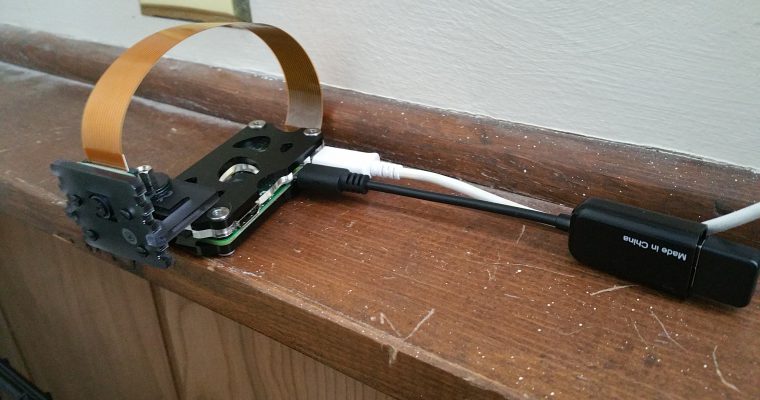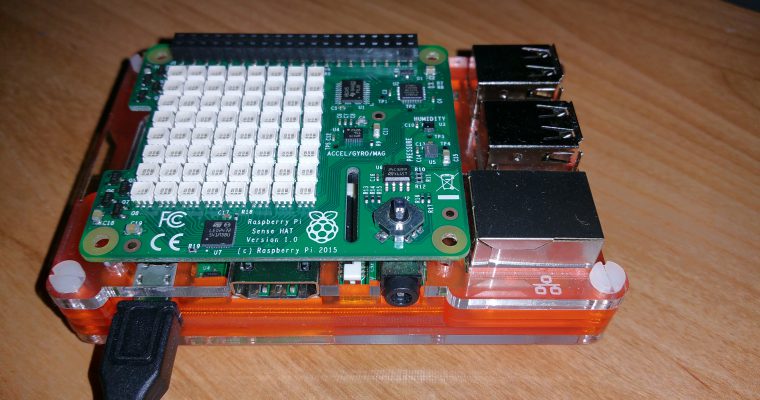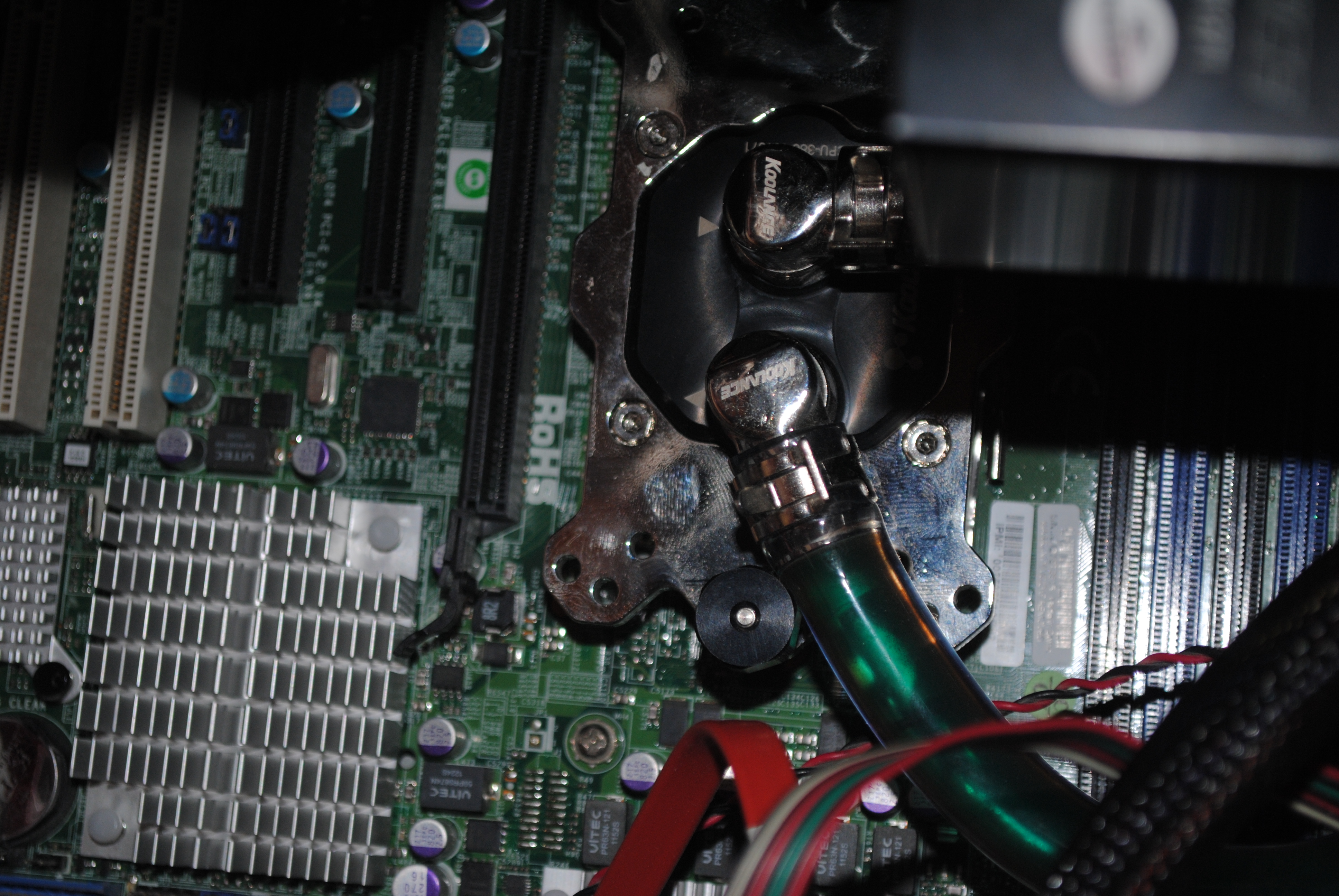Ever since I built Hyperfox (a sandbox development server), I have been struggling to get a grasp on the whole concept of Water Cooling. I thought it was cool in some respects, where people would immerse their rigs in mineral oil in a fish tank and watch it go. I went with a more sedate and traditional route, building a water cooling loop with radiator, pump, tubing, and water blocks in place of heat sinks. It was all very new to me, but I went ahead and did it anyways. I was going to build a $2000 server and heat was my number one enemy. Seemed like a good idea.
Well, after running Hyperfox for the past 7 months, having performed my first loop flush and clean, I have to say I’m learning even if it is in fits and starts. This bit of maintenance was to put in a cable I didn’t know I needed or wanted. This cable takes the 4 pin headers, which are capable of performing fan speed controls through a technique called Pulse Width Modulation, and does all the interconnects to control the three pin hookups.
I have to say the system is far quieter, in no small part because it is running the pump at 2800 RPMs instead of 5000 RPMs like it had before. Advice from my vendor (FAQ’s, mostly) indicates that, though this pump can move 7 L/min, most cooling is capable of being done with 2 L/min. I’m hoping that this improves the longevity of the pump and prevents premature burnout or unnecessary cavitations in the fluid stream.
I’m still left with a major issue regarding two points. One, I have no way to perform an easy drain of the system, nor can I refill it easily, as the fill cap on the reservoir is darn near in the power supply above. I would love to have the reservoir be external and transparent, but that requires some case modifications I’m not sure I’m willing to make.
Two is that I still want to liquid cool the northbridge chip, so that it is less inclined to fail in the upcoming warm months. It usually runs per the sensors around 120o F, and while that’s probably ok, the cooler it stays, the happier I’ll be. I figure that additional water block, fittings, and tubing would probably run no more than another $80, though that’s just an educated guess.


